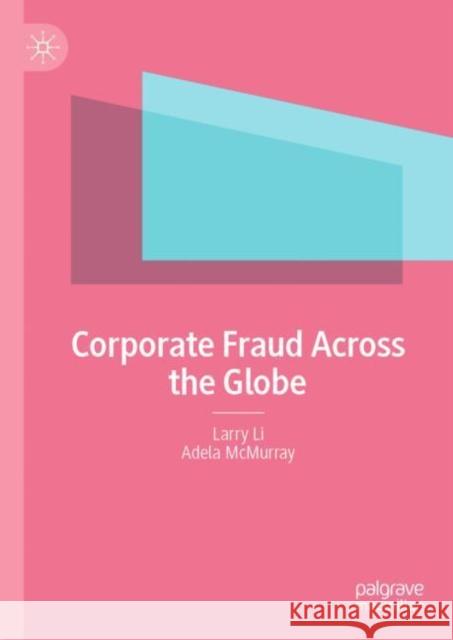Corporate Fraud Across the Globe » książka
topmenu
Corporate Fraud Across the Globe
ISBN-13: 9789811936661 / Angielski / Twarda / 2022 / 282 str.
Corporate Fraud Across the Globe
ISBN-13: 9789811936661 / Angielski / Twarda / 2022 / 282 str.
cena 603,81
(netto: 575,06 VAT: 5%)
Najniższa cena z 30 dni: 578,30
(netto: 575,06 VAT: 5%)
Najniższa cena z 30 dni: 578,30
Termin realizacji zamówienia:
ok. 16-18 dni roboczych.
ok. 16-18 dni roboczych.
Darmowa dostawa!
Kategorie:
Kategorie BISAC:
Wydawca:
Springer Verlag, Singapore
Język:
Angielski
ISBN-13:
9789811936661
Rok wydania:
2022
Ilość stron:
282
Wymiary:
21.0 x 14.8
Oprawa:
Twarda
Dodatkowe informacje:
Wydanie ilustrowane











